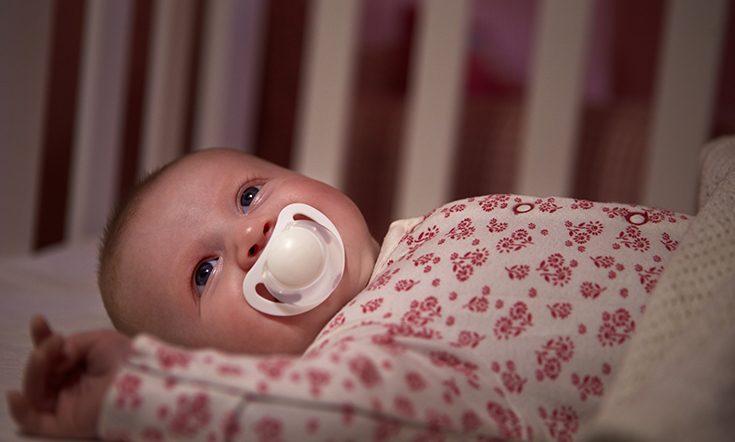

New Research Around the Cry It Out Method of Sleep Training Shows There Are Better Ways
Just published, Australian research into baby sleep settling techniques. Researchers from La Trobe University, Mercy Health, Safe Sleep Space Pty. Ltd., Parent Infant Consultants (Australia), and the University of North Texas (USA) have conducted research that supports the notion of responding to babies at sleep time to promote sleep. No longer do parents need to despair over the emotionally fraught method of leaving their baby to cry in order for them to learn to self-settle, and sleep for longer periods. New Born Baby’s own sleep expert, Helen Stevens, was principal researcher of the research team here in Australia.
Response-based Care at Sleep Time
The research has shown that mothers who watch for infant sleep cues, respond to infant behaviours, and offer comfort at sleep time provided better sleep opportunities for their babies. Comforting infants rather than allowing their babies to become distressed was an effective approach to helping babies sleep.
The research was undertaken at a residential parenting program that encouraged response-based care. During the residential program babies sleep time increased, and this continued after the mothers and babies returned to their own homes. The cortisol levels of both mothers and infants also indicated a decrease in stress response as sleep hours increased; this occurred both during the program and at home after the intervention.
Postnatal Depression and Anxiety
This response to infants was also found to be helpful to Mums experiencing postnatal depression and high levels of anxiety. Associate Professor, Dr Middlemiss, from UNT’s Department of Educational Psychology explains that “… the debate about letting infants cry to sleep may not be one with which parents need to struggle. Being responsive to infants’ cues is an important part of the growing parent-infant relationship and leads to positive child outcomes, both in regard to sleeping and socio-emotional well-being. Consequently, parents don’t have to choose crying as a way to assure everyone gets rest.”
New Born Baby’s sleep expert, Helen Stevens, also explains that “by encouraging parents to provide infant care and comforting when transitioning to sleep, we have seen total sleep time can be increased while simultaneously reducing biological stress indicators for both mother and infant.”
This research is great news for all those parents who are not comfortable with the approach of leaving their baby to cry at sleep time. They can confidently respond by offering comfort to their baby, safe in the knowledge that they will be contributing to improving overall sleep – both the opportunity to sleep and the duration – and that can only be good news. Read more about the study here.























